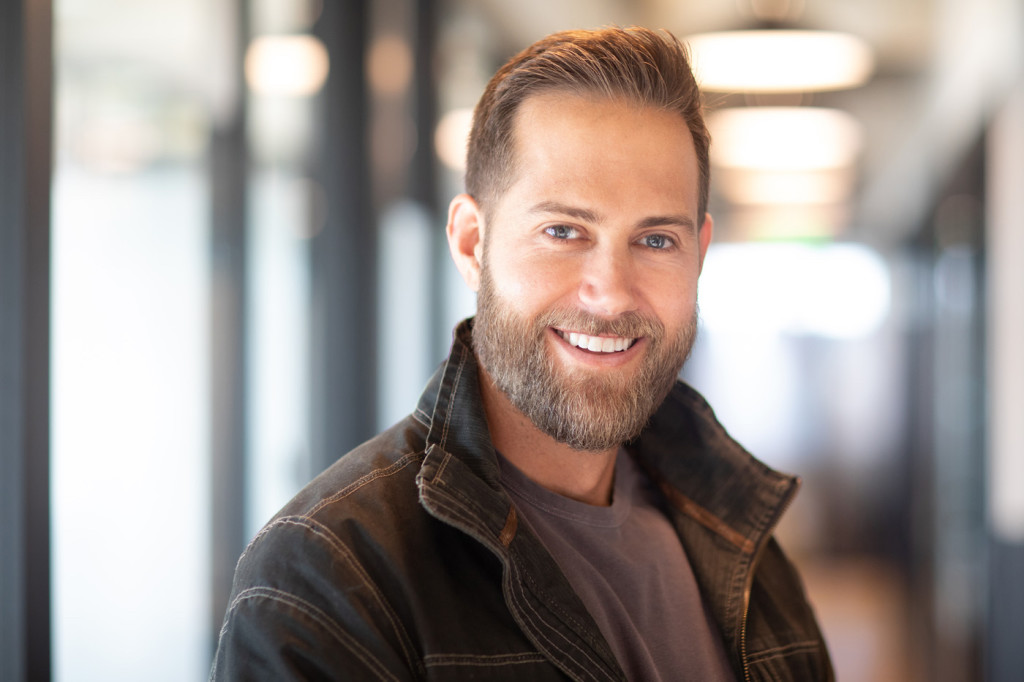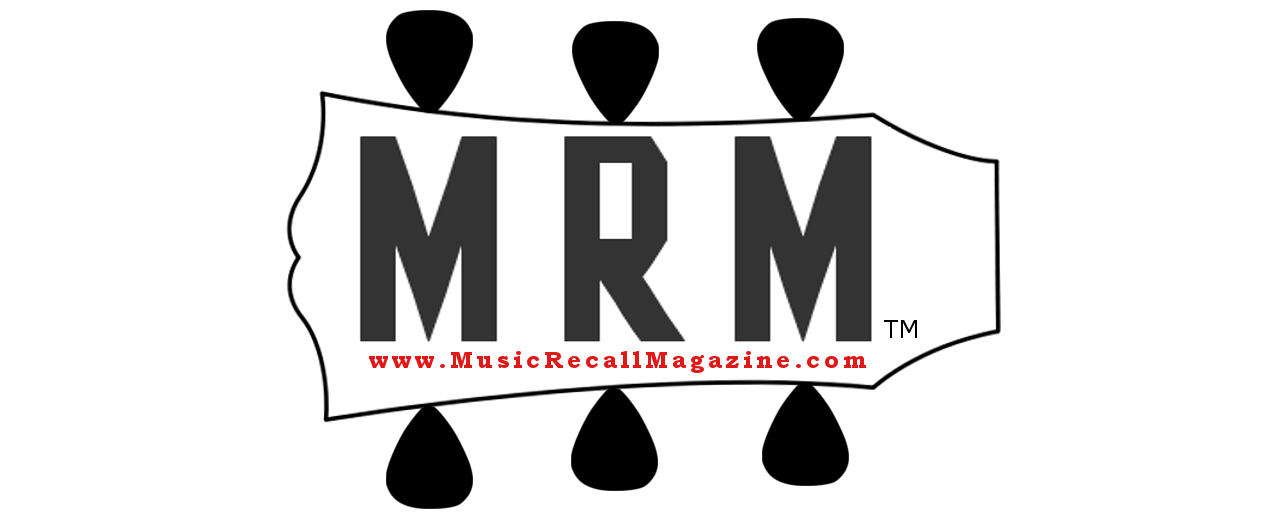
Media mogul Jason Peterson recently took time out of his busy schedule to chat with Music Recall Magazine. Please check out our interview below.
As Chairman of GoDigital Media Group (godigitalmg.com), Jason Peterson and his four other companies — Cinq Music a multi-Grammy winning indie label, publisher and distributor (cinqmusic.com), Latido Music, the #1 Hispanic targeted multi-platform music television network with over 3 billion streams per month (latidomusic.com), ContentBridge and AdShare (adshare.tv) have blazed the path to re-monetizing the music industry.
Peterson has been a major force in changing the way music is marketed, consumed and distributed around the world. The music industry is booming once again! Artists signed or catalogs acquired by Peterson include Janet Jackson, T.I., Master P, Jason Derulo and Daddy Yankee. He’s produced dozens of major music videos that have won “Video of the Year” at the Gospel Music Awards, MTV Latin Video Music Awards as well as “Best Directorial Debut” at the MVPA awards. Most recently, he co-produced the video for Janet Jackson and Daddy Yankee’s “Made for Now.”
Peterson’s Adshare was one of the first companies to monetize music videos on YouTube, giving artists what amounts to an annuity for life. GoDigital Media Group invests in music as intellectual property, making music catalogs an ever more popular alternative investment. Cinq Music now leverages social media in ways never thought possible to unite fans and globalize artists of all genres.
Peterson was named Billboard’s top 100 POWER PLAYERS for 2018, Media Play News Magazine’s Top 40 under 40, the youngest producer to get a film accepted into Sundance, attended USC (Film Business) and obtained his law degree from Pepperdine University.
—–
MRM: Where are you “calling” from?
Peterson: Los Angeles
MRM: How are you holding up in these crazy times?
Peterson: I’m feeling super fantastic. I have been able to take care of myself physically, mentally and emotionally during this very challenging time of COVID and social unrest. At work we have a conscientious high-performance team of individuals whom I trust and respect and the recorded music industry has continued to grow. At home I’ve been practicing a twice a day exercise regime and finding plenty of human connection even if not in person.
MRM: Is it cool if we talk about your past, present and future?
Peterson: Yes
MRM: Where did you grow up?
Peterson: Santa Barbara, CA
MRM: Could you speak about your educational background?
Peterson: I went to the University of Southern California in a joint program between the Marshall School of Business and the Cinema-Television Program. I went to law school at Pepperdine.
MRM: How did you first get involved in the music business?
Peterson: In the year 2000 as part of a business school project I forecasted the paradigm shift from physical to digital goods and the convergence of phones and MP3 players. I then produced a music centric feature film named The Beat that premiered at Sundance in January 2003 and followed that up with a career producing music videos through 2007 for all the majors and significant indies. In 2005 while at Pepperdine Law my business school ideas were being validated in the market and a friend of mine named Ryan Seashore, who I produced The Beat with, connected me and Master P. At Jerry’s famous deli in Westwood I pitched my idea for where digital distribution was going, and Master P gave me a five year exclusive worldwide deal to do his label’s digital distribution on nothing but an idea. I called Apple the next day and they gave me a deal immediately. That was the genesis of GoDigital Media Group. That’s what I love about Master P. He’s the consummate entrepreneur and he loves to give people a shot. I owe him a debt of gratitude for believing in me. This happened again in January 2007 when we were the first company in the music industry helping YouTube identify and clear music rights on their platform.
MRM: Let’s address the elephant in the room…What in the world is going on with the music industry during this pandemic?
Peterson: People are subscribing to premium music services but actually streaming a bit less because work and commute habits are different. COVID is the death of physical discs. All in all recorded music is stable. Publishing is going to have a soft year because of less public performances of music. Live is in hiatus. It’s tough if you’re reliant on live.
MRM: Well, since artists can’t get on the road anytime soon, what would your game plan be for maximizing their income?
Peterson: Go direct to consumer, build your fan club and monetize those direct to fan relationships like gaming companies do. Gamers make money on subscriptions, physical and virtual goods purchases, tipping, gifting and other manner of microtransactions for virtual interactions and experiences.
MRM: Could you tell us how monetizing music works on YouTube these days?
Peterson: There are two predominant ways to monetize music on YouTube: (1) through music subscriptions on their premium streaming service and (2) the free advertising supported service. Within the free advertising service you have two main types of monetization: (1) official artist channels with official video content from artists and (2) you have user posted content that can be claimed by the true owners of the underlying rights. This is just the basics. There are over 8000 professional content owners using the YouTube content management system to manage hundreds of millions of rights against over 500 hours of video uploaded every minute. There are levers for types and frequency of advertising, brand safety, search engine optimization and so on. Our AdShare business tracks change in the YouTube ecosystem so when a video is underperforming or not monetizing we can optimize it quickly to maximize earnings.
MRM: And how do your companies maximize the artists’ income on YouTube?
Peterson: See above but generally our AdShare business maximizes artist income by (1) tracking change in the system and ensuring all rights are optimized and (2) making new claims faster than the native YouTube systems.
MRM: So I guess your companies might issue those dreaded copyright strikes? Haha
Peterson: Yes, in some cases, but typically only when an unlicensed professional use has been made or when the artist or underlying copyright owner requests that their music not be used for political, hate, or other types of objectionable speech. We recently struck a Donald Trump video for making unlicensed use of a T.I. track.
MRM: Is it true you work as a movie and TV producer?
Peterson: I started my career producing movies, TV and short form content such as music videos and commercials. The Beat was my first film which was in Sundance in 2003. Subsequent to that I produced on five other features and did dozens of music videos and commercials. I typically was both a producer and line producer, meaning I was not only involved in packaging the show but also the mechanics and logistics of making the show day in and day out. I’m very detail oriented (but not a micro- manager). Some of my favorite music videos I produced on were: Switchfoot “Starz” and “Happy is a Yuppie Word” as well as Kadai “Nada es Igual” and Belinda “Ni Freud Ni Tu Mama”.
MRM: How do you have time to juggle all of your companies and positions? Haha
Peterson: Time is our most finite resource so I’m very disciplined about how I spend it. I can get more done in 3 hours of inspired clarity than 12 hours of fatigue. I find I hit decision fatigue after about 6 hours of continuous work and sleep and exercise are the two of my most important inputs in creating mental clarity so I sleep, exercise, and work in two shifts every day. This allows me 12 hours of clarity at work every day equal to perhaps 24 hours of less than clear productivity. Secondly, hiring the right people and ensuring they are doing the right things at the right time expands my productivity exponentially. I’m detail oriented but not a micro-manager. I set up systems to activate and enable good people to have great outcomes.
